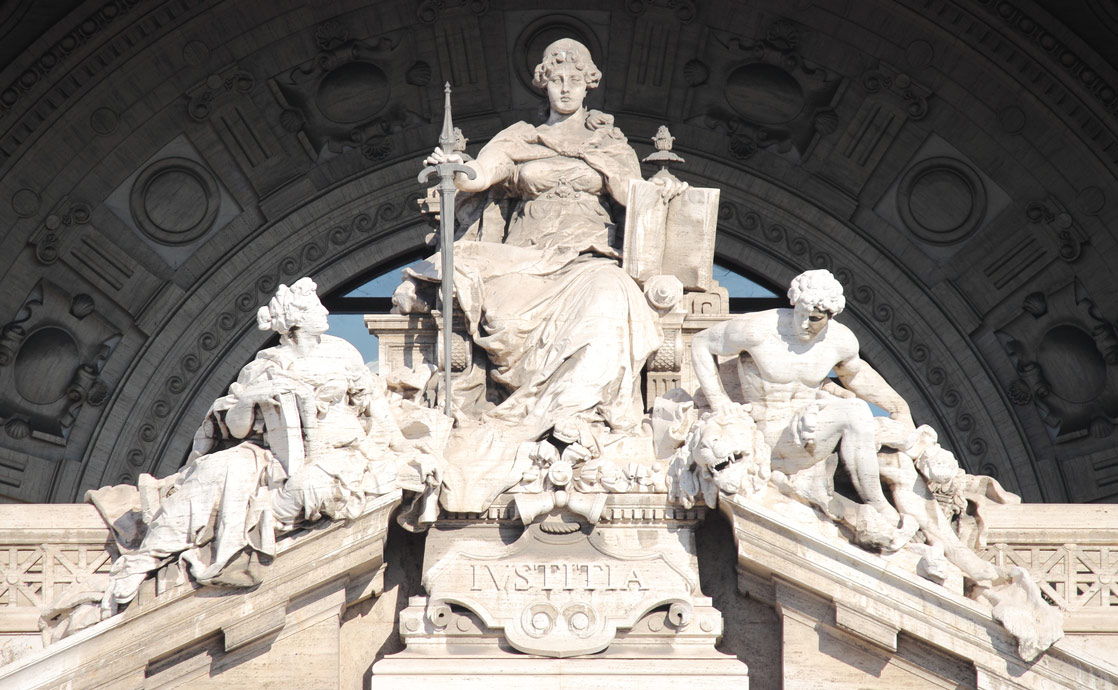In the complex tapestry of human existence, the dichotomy between justice and revenge emerges as a perennial theme that has captivated philosophers, theologians, and thinkers throughout the ages. Within the Bahá’í teachings, this juxtaposition is not merely a rhetorical device; it serves as a profound lens through which one can explore essential ethical and moral imperatives. The Bahá’í perspective urges individuals to transcend the baser instincts of revenge and embrace the transformative power of justice, thereby prompting a significant shift in cognitive frameworks and spiritual paradigms.
At its core, justice is an embodiment of divine attributes—fairness, equity, and compassion. It serves as a foundation upon which societies can build their institutions and cultivate harmonious relationships. Justice, from a Bahá’í standpoint, is not a static concept but a dynamic principle that requires active engagement and personal responsibility. It invites individuals to reflect upon their actions and encourages a collective responsibility toward fostering a just society. Conversely, revenge is often portrayed as an insatiable appetite—an unrelenting force that perpetuates cycles of conflict and animosity, thereby distancing humanity from the divine purpose of unity and love.
The ethical implications of choosing justice over revenge can be examined through a multidimensional lens. First and foremost, the act of seeking revenge is typically motivated by a desire for retribution and vindication. This instinct, while human, often leads to escalation rather than resolution. When one pursues revenge, they become ensnared in a corrosive cycle of hostility. The Bahá’í teachings advocate for a departure from this cycle, promoting the idea that true empowerment lies not in retaliation, but in forgiveness and grace.
The transformative power of justice also aligns closely with the concept of a unified global community. Bahá’ís hold that justice is not merely a personal or localized endeavor; it is a global imperative. As humanity grapples with the multifaceted crises of the modern world—be they social, economic, or environmental—there exists a critical need for a just approach that transcends geographical and cultural boundaries. In this light, justice becomes synonymous with harmonious coexistence, urging individuals to extend their ethical considerations beyond the self and into the broader realm of humanity.
The Bahá’í writings articulate that a commitment to justice requires a conscious and deliberate shift in perspective. It compels individuals to rise above narrow self-interests and consider the well-being of others. This transformative leap can be daunting, as it often necessitates confronting deeply held grievances and biases. However, the rewards of this endeavor are profound. By choosing justice over the allure of revenge, individuals contribute to the dissolution of enmity, fostering a culture of peace that can reverberate through generations.
Furthermore, the teachings advocate for the concept of restorative justice, which not only seeks to address wrongdoing but aims for reconciliation and healing. This approach contrasts starkly with punitive instinct of revenge, which often aims solely for punishment without consideration for the possibility of restoration. In a restorative paradigm, the emphasis shifts from retribution to understanding, dialogue, and compassion—qualities essential for mending fractured relationships and rebuilding trust. The Bahá’í principle of the oneness of humanity reinforces this restorative approach, as it asserts that every individual is deserving of dignity and respect, regardless of their past transgressions.
Crucially, the choice between justice and revenge has profound implications for individual spirituality. Engaging in revenge may provide a fleeting sense of satisfaction, yet it ultimately diminishes one’s spiritual state. It cultivates bitterness, resentment, and division—emotions that stand in direct opposition to the unity espoused by Bahá’í beliefs. On the other hand, embodying justice enriches the spiritual existence. It aligns with the divine qualities of mercy and compassion, fostering a deeper connection to oneself and to others. As Bahá’ís engage in acts of justice, they embody the virtues of love and forgiveness, and rise to a higher state of moral and spiritual development.
Consequently, the act of choosing justice invites individuals to engage in critical self-reflection. It challenges one to ask profound questions: What motivates my responses to perceived injustices? Am I perpetuating cycles of conflict, or am I aspiring toward a resolution rooted in fairness and equity? The Bahá’í teachings encourage this kind of introspection, acknowledging that the journey toward justice may not always be straightforward nor devoid of struggle. Yet, through persistent effort, individuals can cultivate attributes that align them with the divine purpose of unity and love.
In conclusion, the question of “Justice or Revenge: Which Do You Want?” serves as a compelling invitation for introspection and transformation. The Bahá’í teachings provide a framework that highlights the importance of justice as a foundational principle that fosters unity and peace. By deliberately choosing justice over revenge, individuals can transcend the primal urges that often lead to division and conflict. Instead, they engage in a higher calling—one that embraces compassion, understanding, and the overarching goal of a just and unified world. Through this lens, justice becomes not just an abstract concept but a lived reality that reflects humanity’s highest aspirations.
